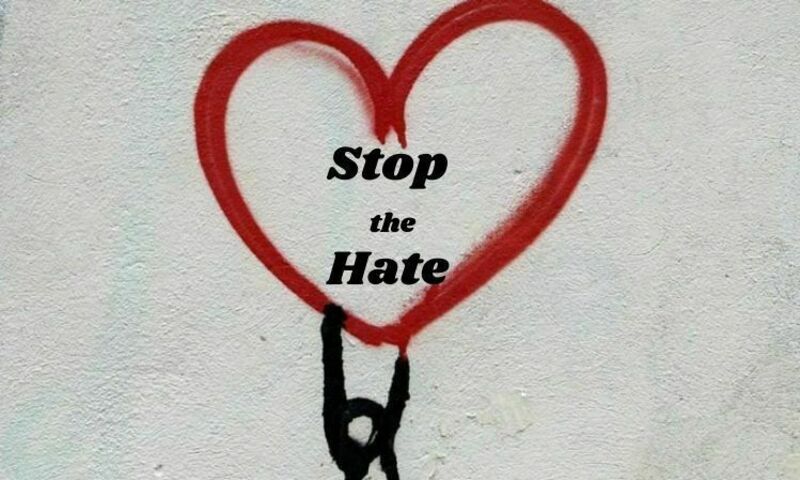The following is the second post in a series on how to stop hate from a biblical perspective. Join The Good Book Blog and Professor of Biblical and Theological Studies Joanne Jung over the coming weeks to reflect on how Christians can work to stop hate. “Hatred stirs up strife, but love covers all offenses.” — Proverbs 10:12 ESV
Every single human life is one made in the image of God. You don’t have to be a Christian to have heard that all of humankind is made in God’s image, but it helps to be a Christian if you want to understand what that means and its implications. Made in the image of God means that each of us is endowed with the ability to know God and to love the way He does. But we, in our conscious and unconscious ways, suppress that truth, sometimes to the point of rationalizing (believing our own “rational lies”) to outright denying it of ourselves and of others.
I began a thought exercise about a year ago and it has transformed me. When I come across a thought or image of a person or the actual person, whether they are a stranger, an acquaintance, friend, or relative, and I have a critical or unkind thought about them — the stuff we end up confessing to God when we take serious time to explore our own hearts — I have learned to place a caption there. The caption reads, “Made in the image of God.” That’s it. It’s simple, effective and transformative. One of my first reactions to imagining this caption is that I smile. If you know anything about endorphins and how these “happy hormones” trigger a positive feeling in the body, then you will understand the physiological start of transformation. This initial reaction leads to two responses: a prayer of empathetic intercession for that person and the somber prayer of confession for myself.
The small act of this exercise is transformative because it changes me. It reminds me that when Jesus came to the world, he did not come to turn the world upside down. He came to turn the world right side up. He knows that when we objectify others — to degrade another to the status of a mere object — particularly those who do not look like us, it’s easier to ignore, condemn and hate. The caption reminds us that this human being is worthy of regard, attention and time, and that they have stories longing to be shared, but few of us ever stop long enough to ask, let alone listen. We are given countless opportunities to participate in God’s work by beginning to see others as made in His image, as different as they are from me.
As you place the caption “Made in the image of God” alongside a thought or image of someone, or a real person, someone who is not like you, what is your honest response?
The next post in the series suggests how an action changes our thoughts about someone who is not like us.
Read the first post in the series: “Identifying Counterfeit Control.”
 Biola University
Biola University

.jpg)
.jpg)

